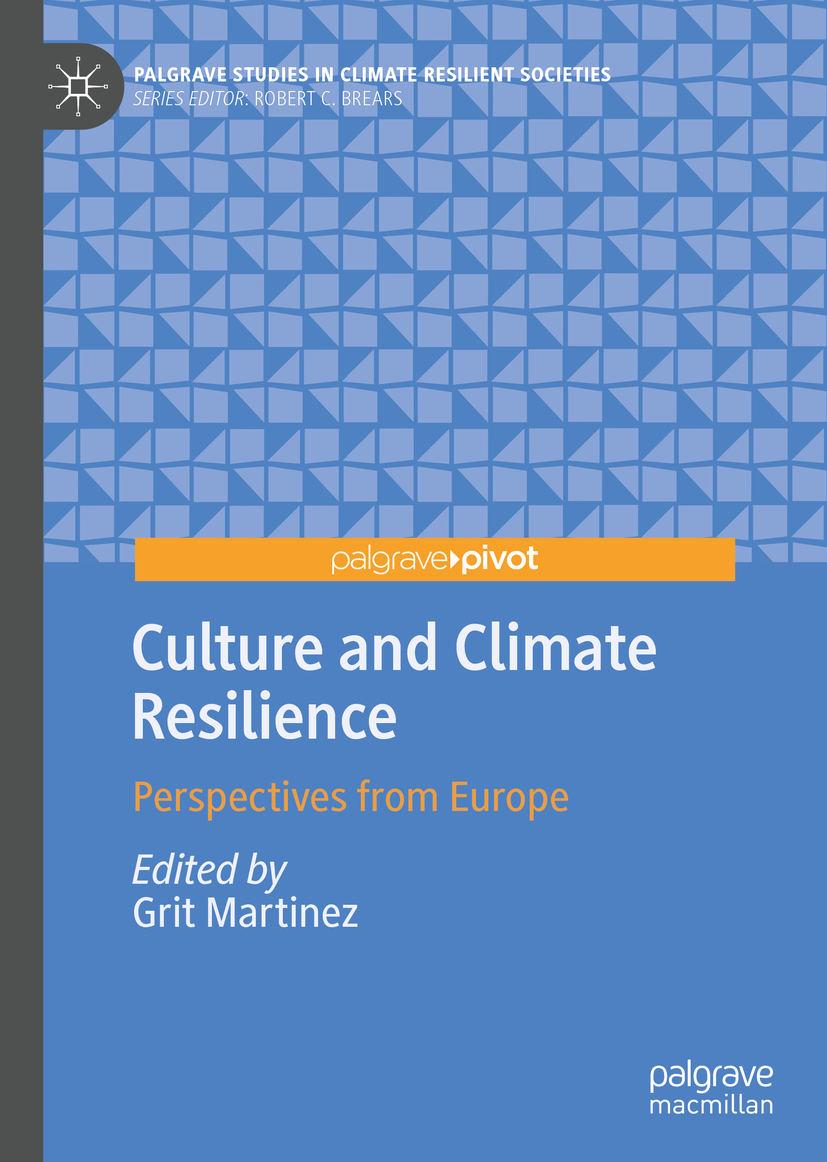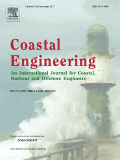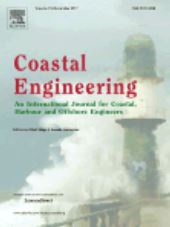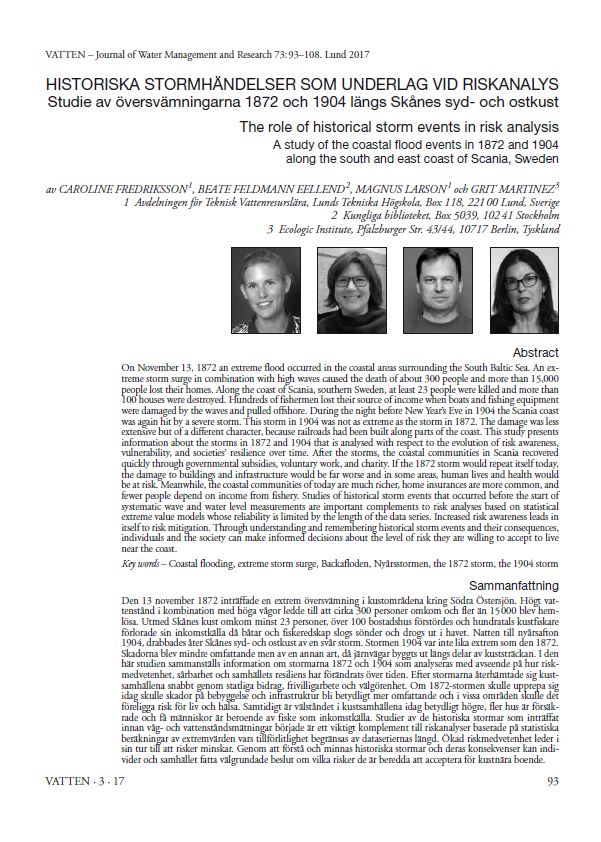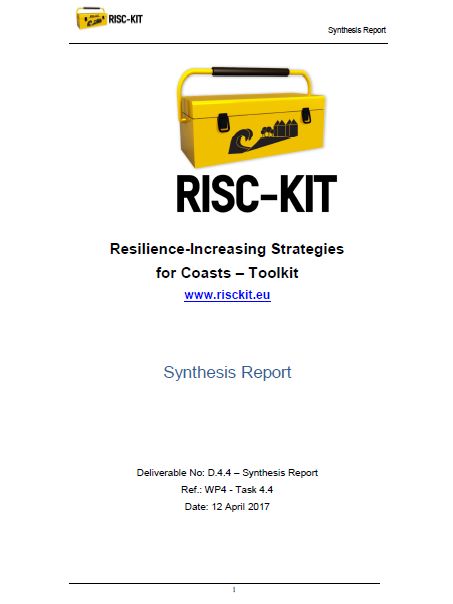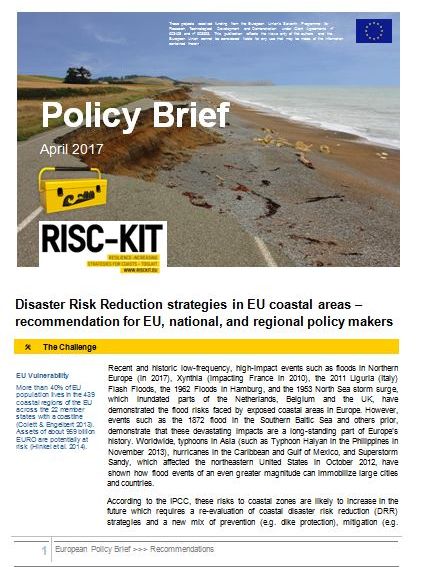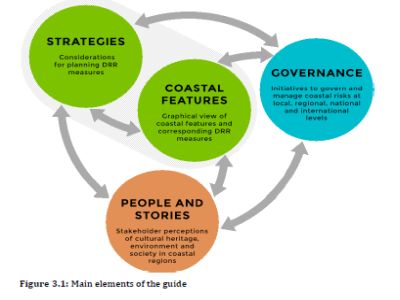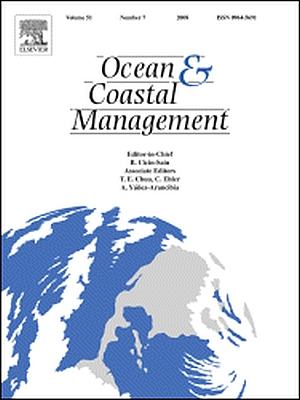
Why Do We Decide to Live with Risk at the Coast?
- Publication
- Citation
Costas S., Ferreira ,O., Martinez, G., Why do we decide to live with risk at the coast? In: Ocean and Coastal Management, available online 30 May 2015, In Press.
In the article "Why do we decide to live with risk at the coast?" recently published in "Ocean and Coastal Management", Dr. Grit Martinez of Ecologic Institute and Susana Costas and Prof. Oscar Ferreira of the University of Algarve explore risk perception in a community found in the vulnerable coastal region, Praia de Faro, on the southern coast of Portugal. The study addresses the identification of factors shaping risk perception and the reasons leading to settlement of high-risk coastal areas.
The selected community consists of two different populations (a fishermen community and a tourism-related community) sharing the risk associated with storm impacts and coastal retreat. For that, the authors examine the socio-economic and environmental frameworks and run a set of in depth interviews to provide a frame for understanding the culture of risk in a system with multiple stakeholders and planned measures of relocation. The investigations was done under the scheme of the FP7 project RISC-KIT (Resilience-Increasing Strategies for Coasts – toolkit. RISC-KIT project website (link is external).
Interviews in Praia de Faro suggest that citizens using the beach as their first residence have voluntarily accepted to live with risk in the beach in exchange for a series of related benefits that they find to largely exceed expected personal damages. Risk perception analysis found that the community is aware about the hazards impacting the area, but they are not worried or prepared to face likely levels of risk derived from the impact of storms estimated by experts. Characteristics of risk perception seem shaped by place attachment, underestimation of impact probability and lessons learnt, and inherent cultural aspects. In addition, it seems clear that imposed measures of relocation are contributing to reduce residents risk perception in an attempt to ensure their permanence in the area in a frame of institutional distrust and absence of genuine communication. Alternative measures to relocation can only exist if responsibilities in risk mitigation are reconsidered and shared. The abstract is online available.




